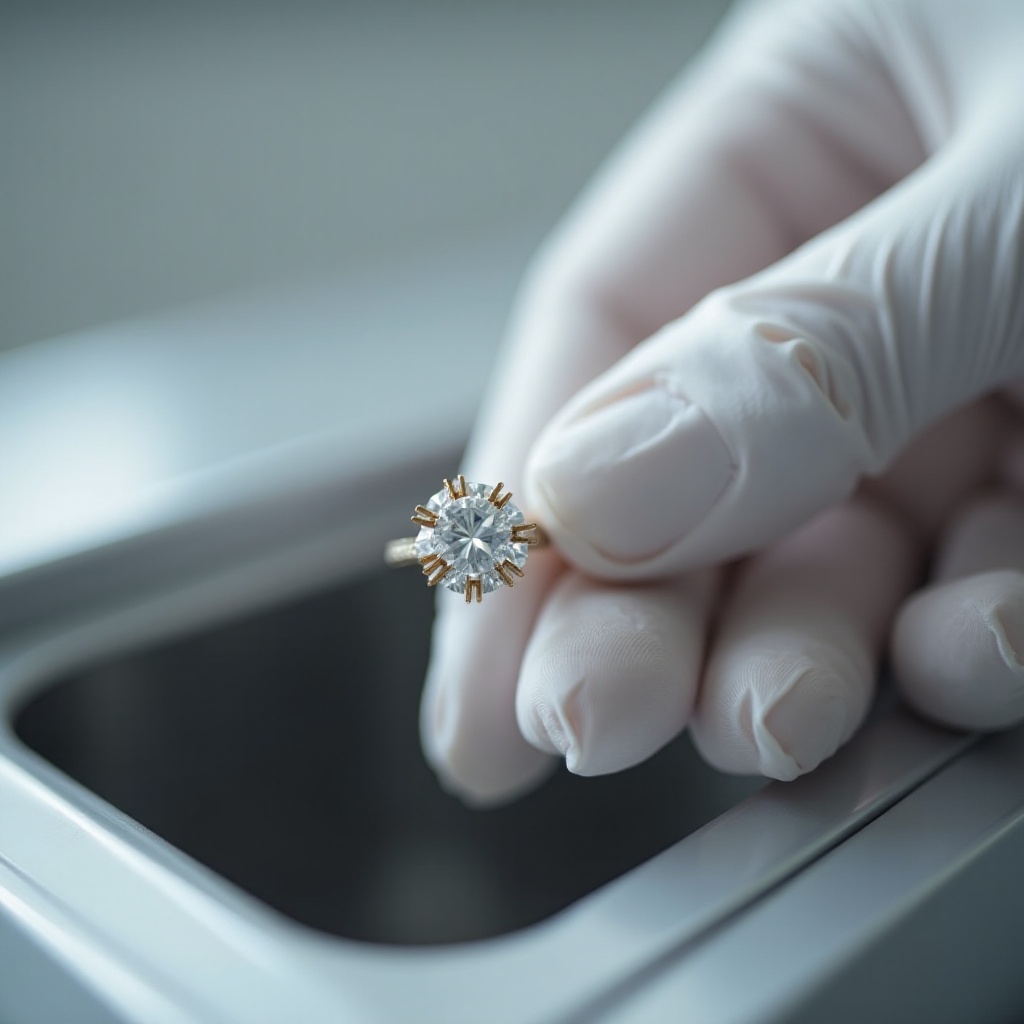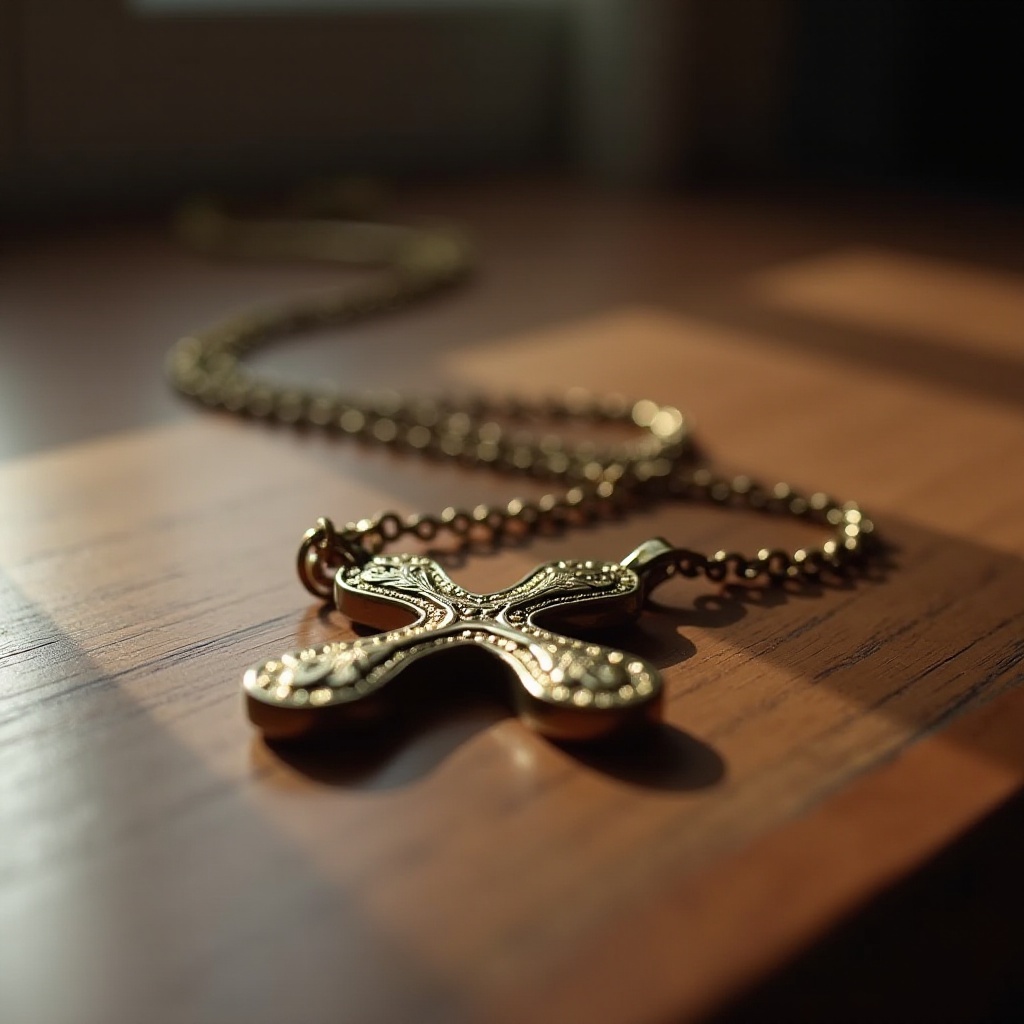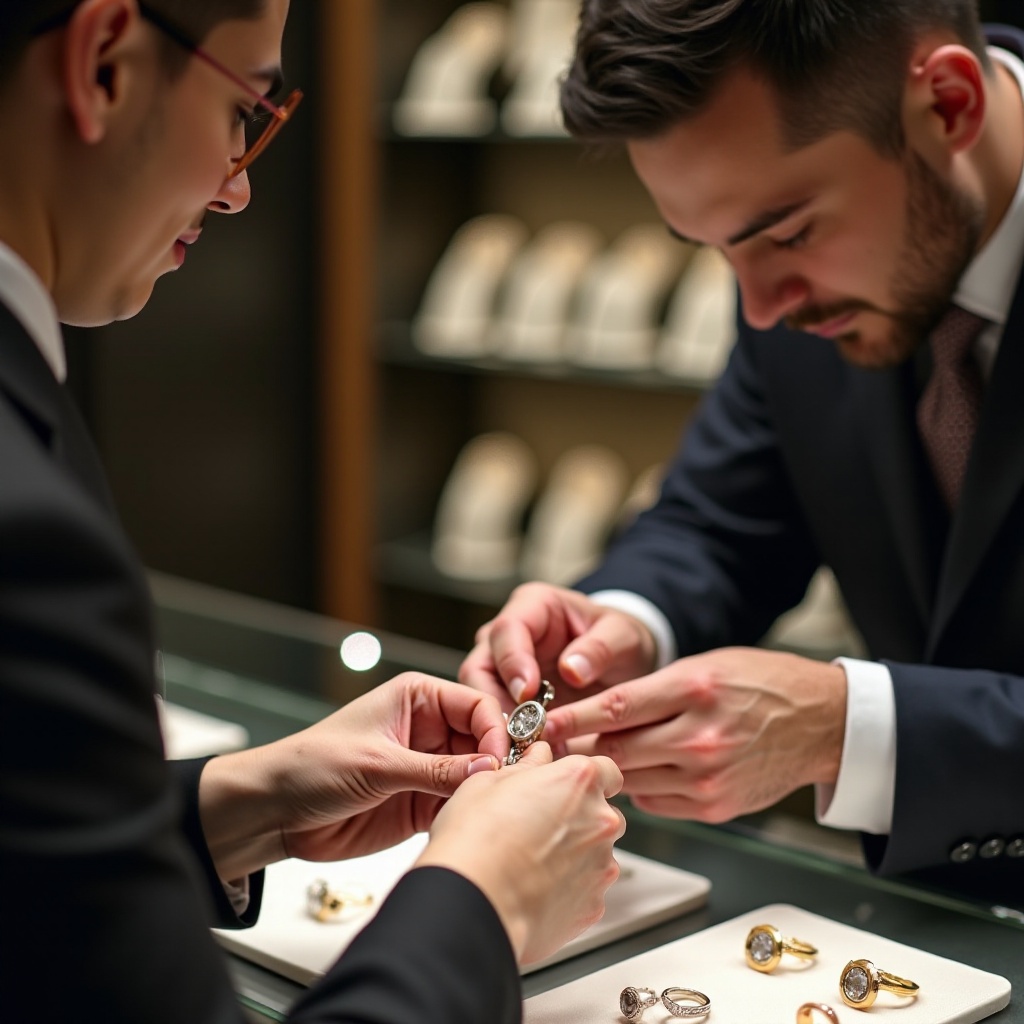Why Is My White Gold Ring Turning Yellow?
Introduction
White gold rings are cherished for their elegance and stylish appearance. However, if you own a white gold ring, you may notice it turning yellow over time. This change can be surprising and concerning, leading you to question the quality and longevity of your treasured piece. Understanding why this happens and how you can prevent and reverse it is essential for maintaining your ring's brilliance.
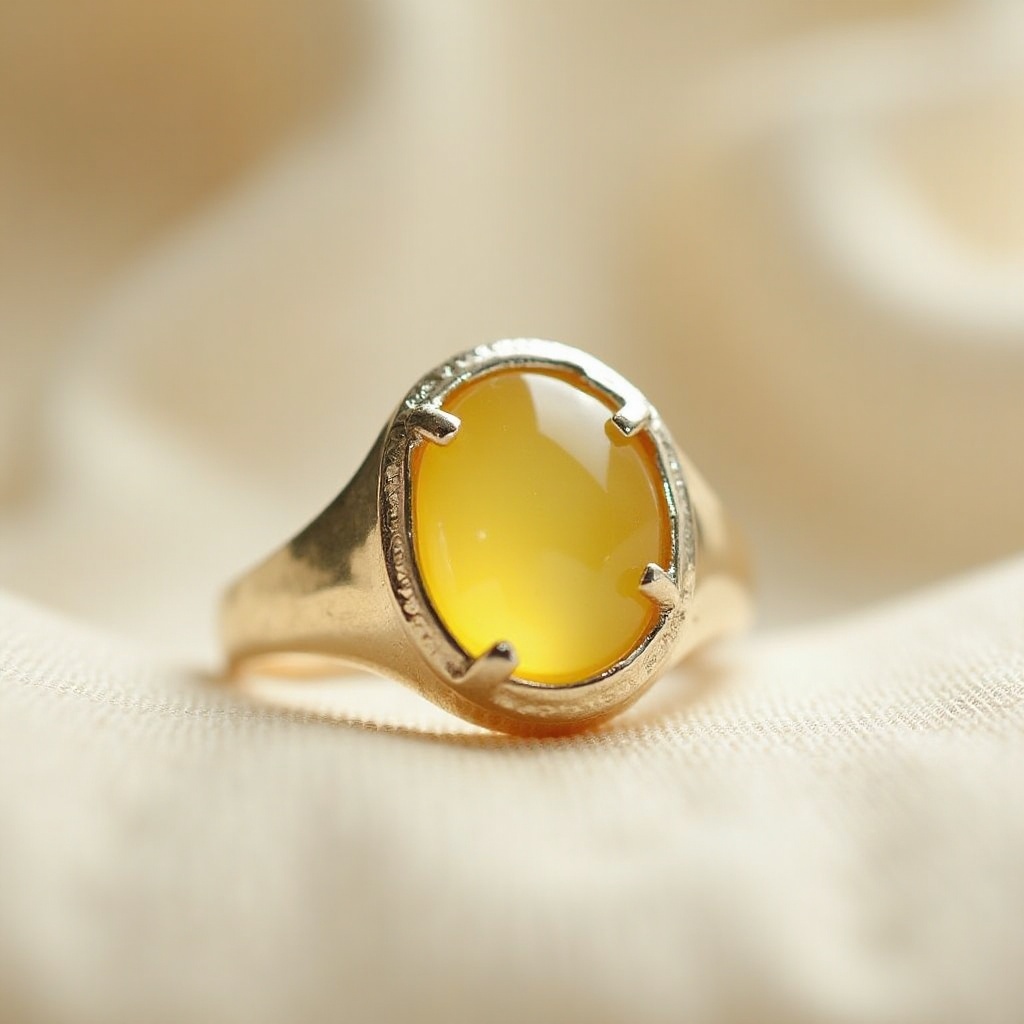
Understanding White Gold
White gold is a popular choice for jewelry due to its stunning, silvery appearance and durability. But what exactly is white gold, and why does it not always stay white?
The Composition of White Gold
White gold is an alloy made by combining pure gold with other metals such as palladium, silver, and nickel. These metals give white gold its characteristic color and enhance its strength. Pure gold, which is yellow, makes up the bulk of the alloy, but the added metals give it a white sheen.
Role of Rhodium Plating
To achieve a bright white finish, white gold rings are typically plated with rhodium, a precious metal in the platinum family. Rhodium plating gives white gold its shiny, reflective surface and serves as a protective layer. However, this plating can wear off over time, revealing the natural yellowish hue of the gold alloy beneath.
Factors Contributing to Yellowing
Several factors can cause your white gold ring to lose its white finish and turn yellow.
Natural Wear and Tear
Daily wear inevitably leads to the gradual wearing away of the rhodium plating. Activities such as washing your hands, gardening, or even just the friction from everyday use can erode this thin layer, exposing the underlying gold.
Exposure to Chemicals
Exposure to chemicals found in household cleaners, cosmetics, and even chlorine in swimming pools can accelerate the wear of rhodium plating. These substances can cause the plating to fade faster, leading to the yellowish appearance of your white gold ring.
Environmental Factors
Environmental factors such as humidity and air pollution can interact with the metals in your ring, contributing to the erosion of rhodium plating. Even the natural oils and sweat from your skin can play a role in wearing down the protective coating.
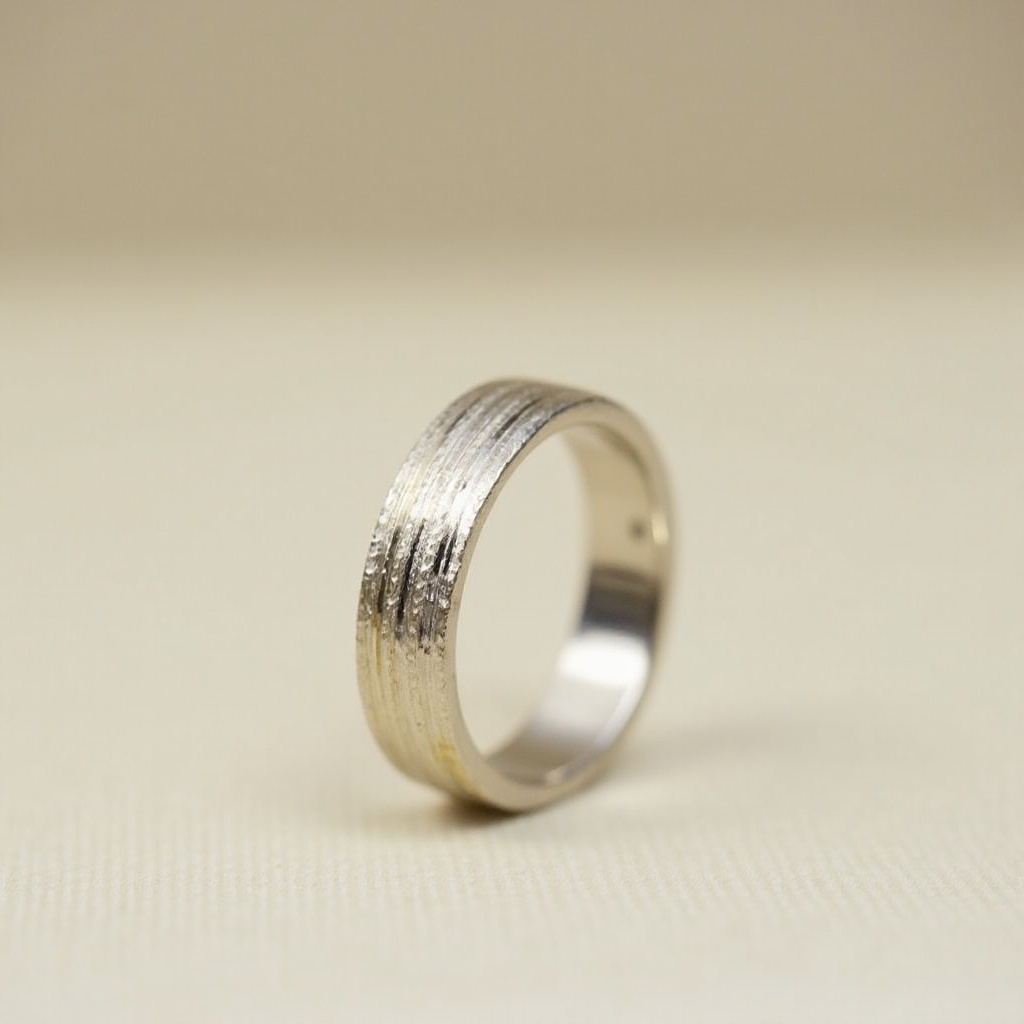
How to Prevent Your White Gold Ring from Turning Yellow
To maintain the bright white appearance of your white gold ring, consider the following preventive measures.
Proper Cleaning Techniques
Regular cleaning can help protect the rhodium plating on your white gold ring. Use a mild soap and warm water to clean your ring, and gently scrub it with a soft toothbrush. Rinse thoroughly and dry with a soft, lint-free cloth. Avoid using harsh chemicals or abrasive cleaners that can damage the rhodium layer.
Safe Storage Practices
Store your white gold ring in a fabric-lined jewelry box or a soft pouch when you're not wearing it. This will protect it from scratches and reduce exposure to environmental factors that can cause yellowing.
Avoiding Harsh Chemicals
Limit exposure to chemicals by removing your ring before using household cleaners, applying lotions or perfumes, and swimming in chlorinated pools. These simple steps can significantly extend the life of your ring's rhodium plating.
Professional Maintenance and Care
Despite your best efforts, the rhodium plating on your white gold ring will wear down over time. When this happens, professional maintenance is a great option.
When to Consider Re-Plating with Rhodium
Re-plating your ring with rhodium is the most effective way to restore its bright white finish. A jeweler can clean and polish your ring before applying a fresh layer of rhodium. Typically, re-plating is needed every 12 to 18 months, depending on how often you wear your ring and how well you care for it.
Professional Cleaning Services
In addition to re-plating, professional cleaning can help maintain the appearance of your white gold ring. Jewelers have specialized tools and solutions to clean your ring thoroughly without damaging the rhodium plating or the ring itself.
Conclusion
Maintaining the beauty of your white gold ring requires understanding the factors that contribute to yellowing and taking proactive steps to prevent and address this issue. With proper care, regular cleaning, safe storage, and professional maintenance, you can keep your white gold ring looking as stunning as the day you bought it.
Frequently Asked Questions
How often should I re-plate my white gold ring?
Re-plating with rhodium is typically needed every 12 to 18 months, depending on how often you wear your ring and how well you care for it.
Can I clean my white gold ring at home?
Yes, you can clean your white gold ring at home using mild soap and warm water. Avoid harsh chemicals and abrasive cleaners to protect the rhodium plating.
What types of chemicals should I avoid?
Avoid household cleaners, chlorine in swimming pools, and personal care products like lotions and perfumes, as these can accelerate the wear of the rhodium plating on your white gold ring.
